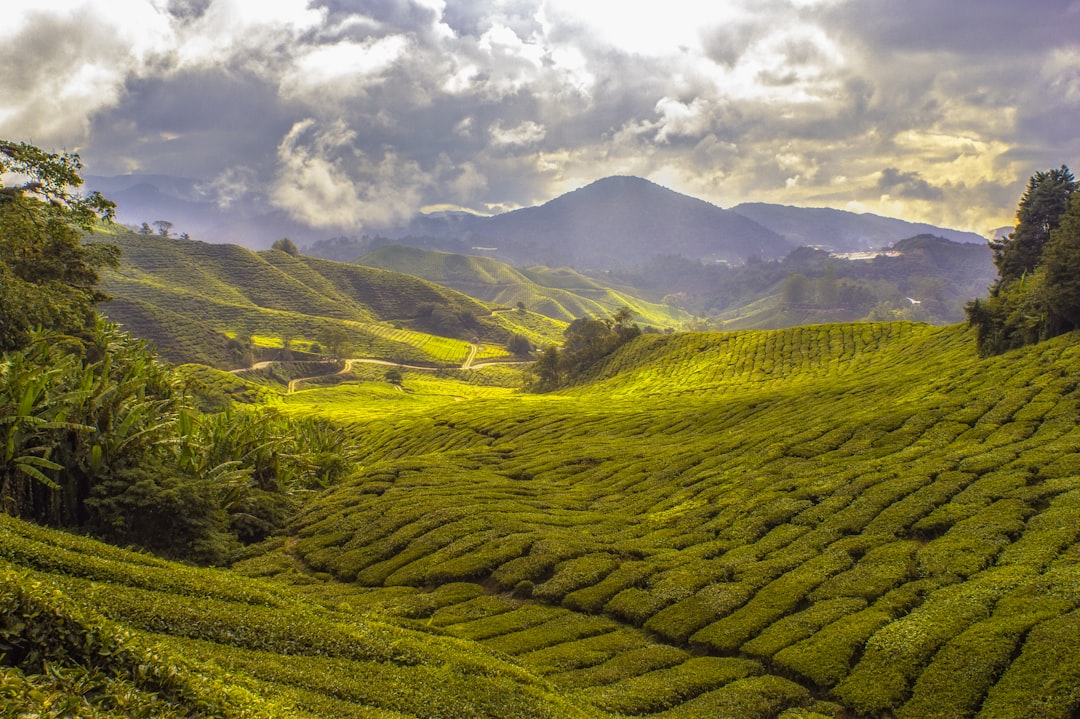What is it about?
With climate change the pH (acidity) of the oceans, and also the amount of nutrients (nitrate, phosphate, silicate), change. These affect the growth and nutritional value of the primary producers that support life throughout the oceans, thus affecting fisheries. This paper reports the impacts of such events for a diatom, and example of an important group of marine microbes common in coastal waters around the world.
Featured Image
Why is it important?
Diatoms support the growth of animals leading through to fish. Further, these organisms compete with other marine microbes, some of which are harmful (some toxic to humans). The proliferation of these organisms under climate change conditions is thus important.
Perspectives
This research was part of a project looking at the impact of ocean acidification (pH declining in the oceans caused by CO2 dissolving in seawater) upon commercial fisheries. The work was funded by the NERC (UK), Defra and DECC. The conclusions were that fisheries may likely not be affected directly, but the caveat is that the resilience of the fish and shellfish depends on the availability of good food. And this paper, and its companions, indicate that this condition will not be met. Life at the bottom of the food chain will be affected by climate change and if nothing else this will affect fisheries production.
Professor Kevin J Flynn
Swansea University
Read the Original
This page is a summary of: Variation in elemental stoichiometry of the marine diatom
T
halassiosira weissflogii
(
B
acillariophyceae) in response to combined nutrient stress and changes in ..., Journal of Phycology, July 2014, Wiley,
DOI: 10.1111/jpy.12208.
You can read the full text:
Contributors
The following have contributed to this page










